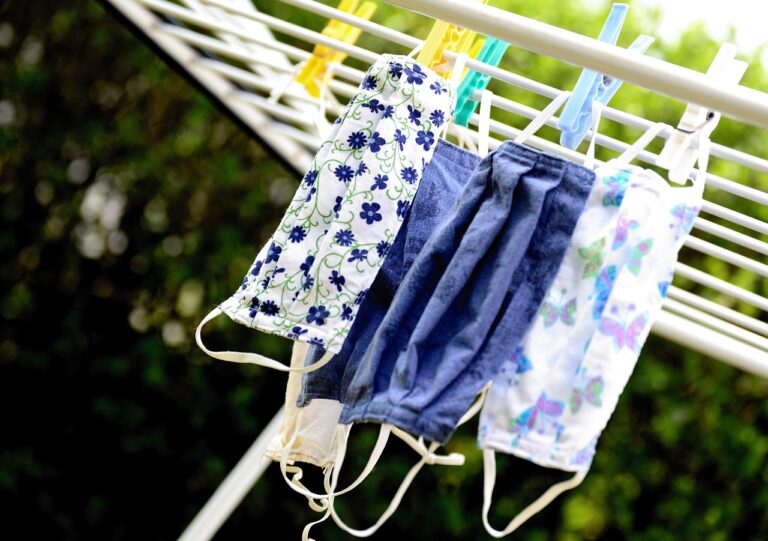The Role of Caregivers in Elderly Health
Strong, supportive relationships play a vital role in the well-being of caregivers. When caregivers feel understood and appreciated, they are better equipped to handle the challenges that come with providing care for elderly individuals. These relationships provide a source of emotional support and encouragement, helping caregivers navigate the complexities of their role with resilience and strength.
Moreover, supportive relationships can help prevent feelings of isolation and loneliness that many caregivers experience. By having a strong network of friends, family, or support groups, caregivers can share their experiences, seek advice, and find comfort in knowing that they are not alone in their journey. This sense of connection can boost morale and motivation, enabling caregivers to continue providing high-quality care while also prioritizing their own well-being.
Challenges Faced by Caregivers
Caregivers often encounter a myriad of challenges that can impact their physical, emotional, and mental well-being. The demanding nature of caregiving responsibilities can lead to feelings of exhaustion, stress, and overwhelm. Balancing the needs of the care recipient with personal commitments and self-care can create a sense of constant pressure and strain on the caregiver.
Additionally, caregivers may face financial difficulties due to the costs associated with providing care. This can include expenses related to medications, medical equipment, home modifications, and professional services. The financial burden of caregiving can further exacerbate stress and anxiety, making it difficult for caregivers to prioritize their own well-being amid competing demands.
Effect of Caregiver Burnout on Elderly Health
Caregiver burnout can have serious consequences on the health and well-being of the elderly individuals under their care. When caregivers experience burnout, it can lead to increased stress levels, which in turn can impact their ability to provide proper care to the elderly. This can result in missed medication doses, neglect of personal hygiene, and inadequate nutrition for the seniors.
Furthermore, caregiver burnout may also lead to emotional and physical exhaustion, making it challenging for them to engage with the elderly in a compassionate and understanding manner. This lack of emotional support and connection can negatively impact the mental health of the elderly, leading to feelings of loneliness, isolation, and even depression. In some cases, caregiver burnout can also result in the elderly individuals feeling neglected and uncared for, exacerbating their health issues and decreasing their overall quality of life.






